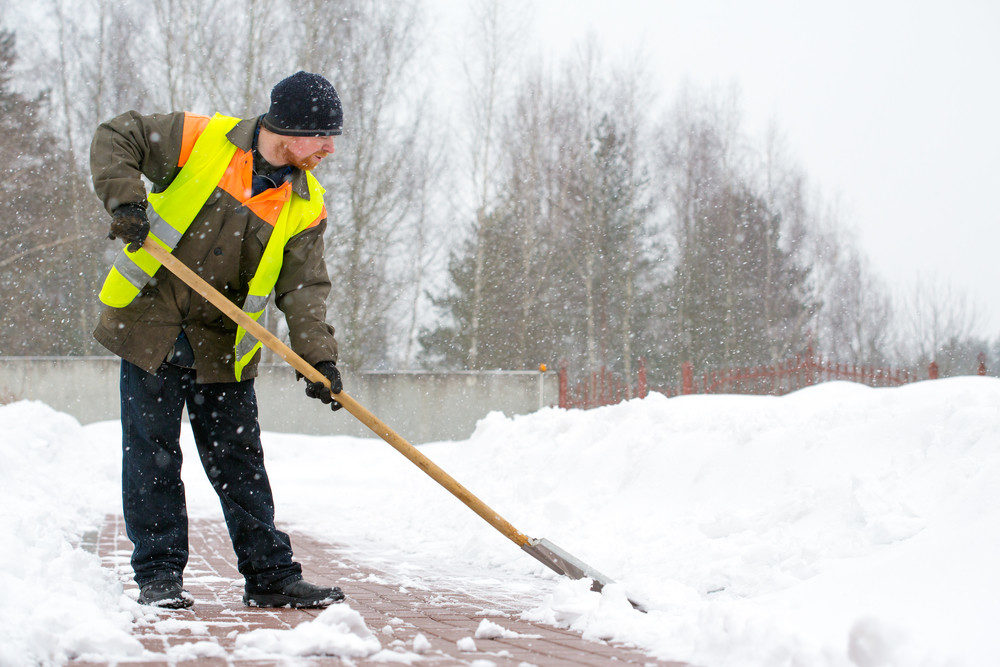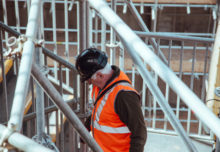Winter Warnings for the Workplace
Now the weather’s turning we thought it might be good to make you aware of some of the most common accidents and illnesses that can happen in the workplace during winter. We also offer some handy tips to help you prevent them from happening.
Minimise slips and trips
Falls are one of the most common types of accident, especially in winter. Fortunately there are a number of things you can do to minimise the risks. Have a ready supply of grit and salt. Clear snow and ice on outdoor pathways. Be on the lookout for slippery surfaces inside too, people inevitably bring the weather in on their feet.
Stop the flu
The weather gets colder, people spend more time inside, nasty little germs are more likely to spread. Some of the steps you can take to avoid winter flu taking down your company are:
- Ask staff to read and practise basic flu hygiene guidelines
- Install hand sanitisers in the office
- Allow staff to get flu jabs in office time
- Encourage sufferers to work from home!
Look after your outdoor workers
A significant proportion of jobs require working outside. If this is true of your organisation you might want to introduce some policies to support these staff. Make sure they are have access to appropriate clothing and take regular breaks to heat up. Drivers are an important group to consider, not only will they be challenged by risky road conditions but also on foot if they are having to make regular deliveries.
Look after your indoor workers too!
If it gets really cold is your heating adequate? If not you are increasing the likelihood of your staff getting ill. Follow the guidance for outdoor workers but also see how you can provide additional insulation and reduce draughts in cold areas. Most importantly, ensure adequate additional heating is available.
Encouraging home working
If it’s not essential for your staff to be in the office you might want to consider allowing them to work from home. There’ll be less risk of them hurting themselves in nasty conditions and they’ll definitely be grateful for the flexibility. They might even more effective as they won’t have to waste time trying to get into the office.
I hope you’ve found these suggestions useful? If you need help with health and safety training for your organisation, please do get in touch.
Matthew





